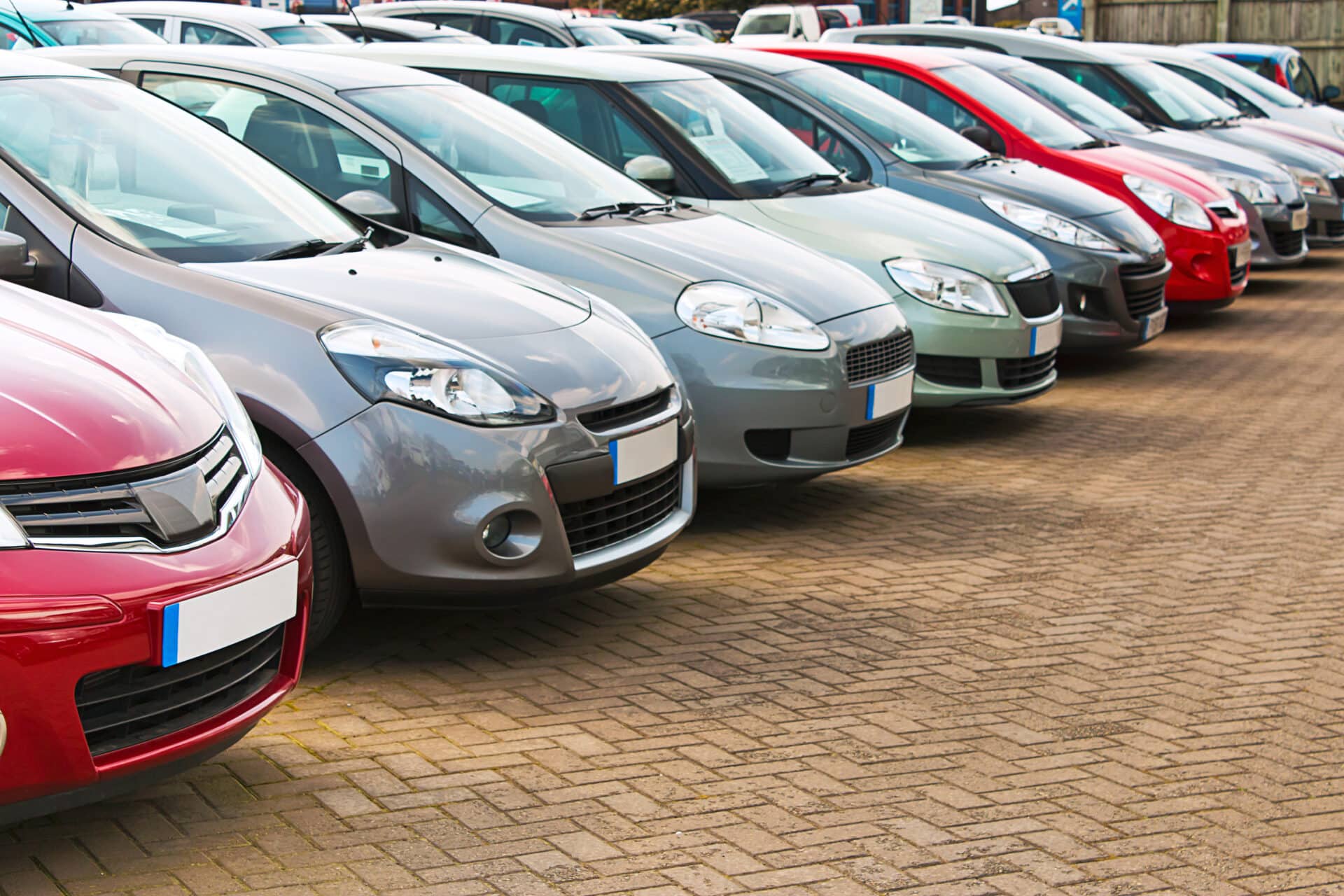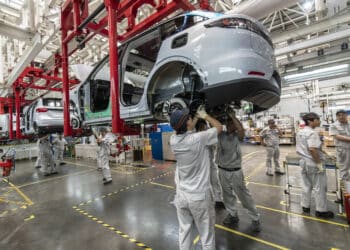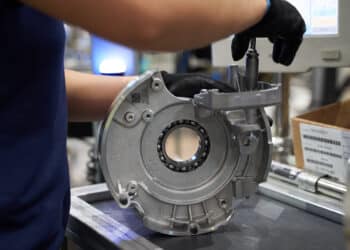Auto Delinquencies Climb, Despite Low Unemployment
 Historically, there has been a “very high correlation” between auto delinquencies and the unemployment rate, yet, today unemployment is the lowest it’s been in a decade while delinquencies have climbed to levels not seen since the financial crisis, Hylton Heard, senior director in Fitch Ratings’ U.S. ABS group, told Auto Finance News.
Historically, there has been a “very high correlation” between auto delinquencies and the unemployment rate, yet, today unemployment is the lowest it’s been in a decade while delinquencies have climbed to levels not seen since the financial crisis, Hylton Heard, senior director in Fitch Ratings’ U.S. ABS group, told Auto Finance News.
“A lot of time when you see unemployment go up, you see delinquencies go up, because when people aren’t working, that’s when they can’t pay their bills,” said Tony Nicolosi, president of Volvo Cars Financial Services, regarding the industry overall rather than the captive’s own delinquency rate. “So, what concerns me here is that interest rates are ultra low, unemployment is ultra low, but now delinquencies are rising.”
Specifically, the Bureau of Labor Statistics April jobs report showed unemployment at 4.4%. The last time unemployment was lower was May 2001. That’s compared to an unemployment rate of nearly 10% during the depths of the financial crisis.
“We’ve clearly seen a big disconnect between unemployment and loss levels, particularly in the subprime sector over the last three years,” Heard said. “There are a number of those deeper subprime platforms that are producing loss levels above expectation for a lender’s own forecast.”
He attributes the discrepancy to underwriting standards on 2013 to 2015 vintages, and declining used car values, but many of the largest lenders have already tightened credit standards and pulled back on originations, he said.
“You are starting to see a lot in subprime — providers saying, ‘hey, we’re cutting back originations’ and that’s a good sign,” Nicolosi said. “They’re saying ‘hey, we gotta cut our losses a little bit.’”
Ultimately, macroeconomic factors don’t appear to be impacting the auto industry negatively right now with “very low unemployment, a growing job market, low gas [prices], and low interest rates,” Heard said. Still, there are industry-specific concerns to watch — including extended loan terms and OEMs continuing to push incentives to record levels — which will hurt used car values, he added.














